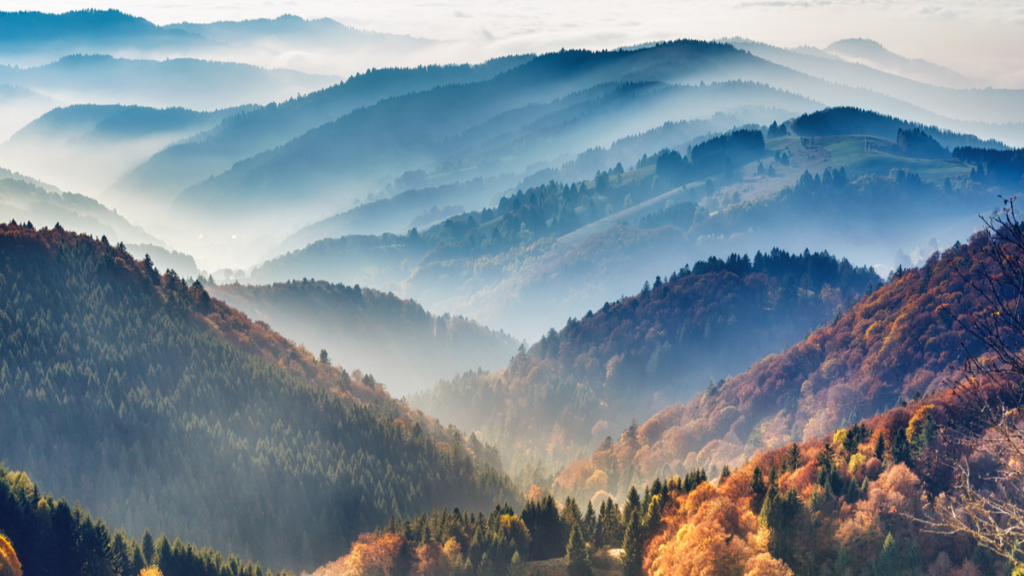There has been great optimism in the media that we will ‘build back better’ after lockdown. It is a worthy aspiration. I also hope that we will. But will we?
The theme of WTM Virtual last November was Recover, Rebuild, Innovate. In the Responsible Tourism panels, we discussed the impact of COVID-19 and some of the critical issues: resilience, biodiversity, decarbonising aviation, racism, certification and consumer choice and the progress in India as Responsible Tourism spreads from Kerala to other states. All of these panels are available here.
Back in November, we discussed the question, ‘Can we make tourism better?’ I won’t summarise the conversation. There were many ideas from Jane Ashton, Manda Brookman, Justin Francis, John Swarbrooke; you can hear them here:
As Manda Brookman argued, we need positive deviance and new tools. But we also have many solutions tried and tested by businesses and destinations around the world. We need to share those solutions, and more of us need to adopt them. We need to make tourism better, more quickly. Much more quickly.
There is no one solution and priorities vary from destination to destination. The scarcity of potable water is a significant problem in many places, but it is not a problem everywhere. Long lists of sustainability issues are often drawn up from greenhouse gas emissions to vernacular architecture, from child protection to plastic waste. Not all issues matter everywhere and no business or destination can tackle all the problems at once. There are many issues ranging from biodiversity loss and potable water to the conservation of heritage buildings. These issues occur worldwide, but they do not arise everywhere and the extent of the challenge ranges in local importance from critical to ‘of no importance’.
Three issues matter globally. Two of them pose an existential threat to us, and many other species, one of them is defining a new geological period.
• Greenhouse gas emissions and climate change;
• Biodiversity loss and zoonotic diseases;
• Plastic waste, much of which enters watercourses, creating gyros of garbage in the oceans where it degrades and enters the food chain of many species, including ours.
Greenhouse gas emissions and biodiversity loss are widely regarded as existential threats for our species. Many scientists argue that we are facing a Sixth Extinction driven by our over-exploitation of our finite Earth and climate change. The key geological marker of the Anthropocene will be plastic. Our species is now so dominant that we are changing our climate and driving an extinction event. As we are collectively causing these existential crises, we could collectively slow their development and stop them. But will we?
Individuals and businesses acting alone cannot slow or stop counter these threats. As with COVID-19, climate change and biodiversity loss are ‘tragedy of the commons’ issues. The benefits I enjoy from activities that result in climate change and biodiversity loss is greater, generally much greater, than the negative impacts I will experience. The benefit accrues to me, the damage is shared by all. Individual businesses too are net-beneficiaries. The negative effects are shared by everyone so that it makes sense for individual businesses to continue exploiting and polluting the global commons. Their competitors will; they may be disadvantaged if they don’t.
In most but not all countries, governments imposed lockdowns to tackle COVID-19 for the ‘common good’, recognising that the pandemic, without restrictions on individual freedoms, could kill many more and that health services might be overwhelmed. However, in many societies, there have been protests against mask-wearing and social distancing. Action to secure the common good will be opposed by some and often by many.
We have known about greenhouse gasses and their consequences for global warming since the end of the 19th Century. Biodiversity loss and the problems posed by plastic waste are not new either. We keep putting off tackling the issues, hoping that someone else will. Many of our politicians are more concerned about leaving a mountain of paper debt to our children than they are about the greenhouse gases that will bedevil their children’s and great-grandchildren’s lives for decades.
As the Secretary-General of the United Nations has pointed out the COVID-19 crisis is “.. an unprecedented opportunity to transform the relationship of tourism with nature, climate and the economy. … to ensure a fair distribution of its benefits and to advance the transition towards a carbon-neutral and resilient tourism economy.” Will we take the opportunity?
“The borderless climate, biodiversity and health crises are all symptoms of a planet that has been pushed beyond its planetary boundaries. Without swift and immediate action, at an unprecedented pace and scale, we will miss the window of opportunity to ‘reset’ for a ‘green / blue recovery’ and a more sustainable and inclusive future. In other words, the global pandemic is a wake-up call we simply cannot ignore.” Prince of Wales, opening Climate Week in September last year
We need a sector response and partnerships between tourists, businesses, communities and their governments if we are going to make tourism better. We should not continue with Business as Usual. Will enough businesses and destinations take responsibility and change tourism for the better? I don’t know, I am not a soothsayer.
I do now that the future of tourism will be what we collectively make it. We need a Platform for Change. Action at scale is urgently required.
I find myself in agreement with the Prince of Wales, as he has pointed out: “I have long observed that people tend not to act until there is a real crisis…that crisis has been with us for far too many years – decried, denigrated and denied. It is now rapidly becoming a comprehensive catastrophe that will dwarf the impact of the Coronavirus pandemic.”
And with Primo Levi “If not now, when?”
